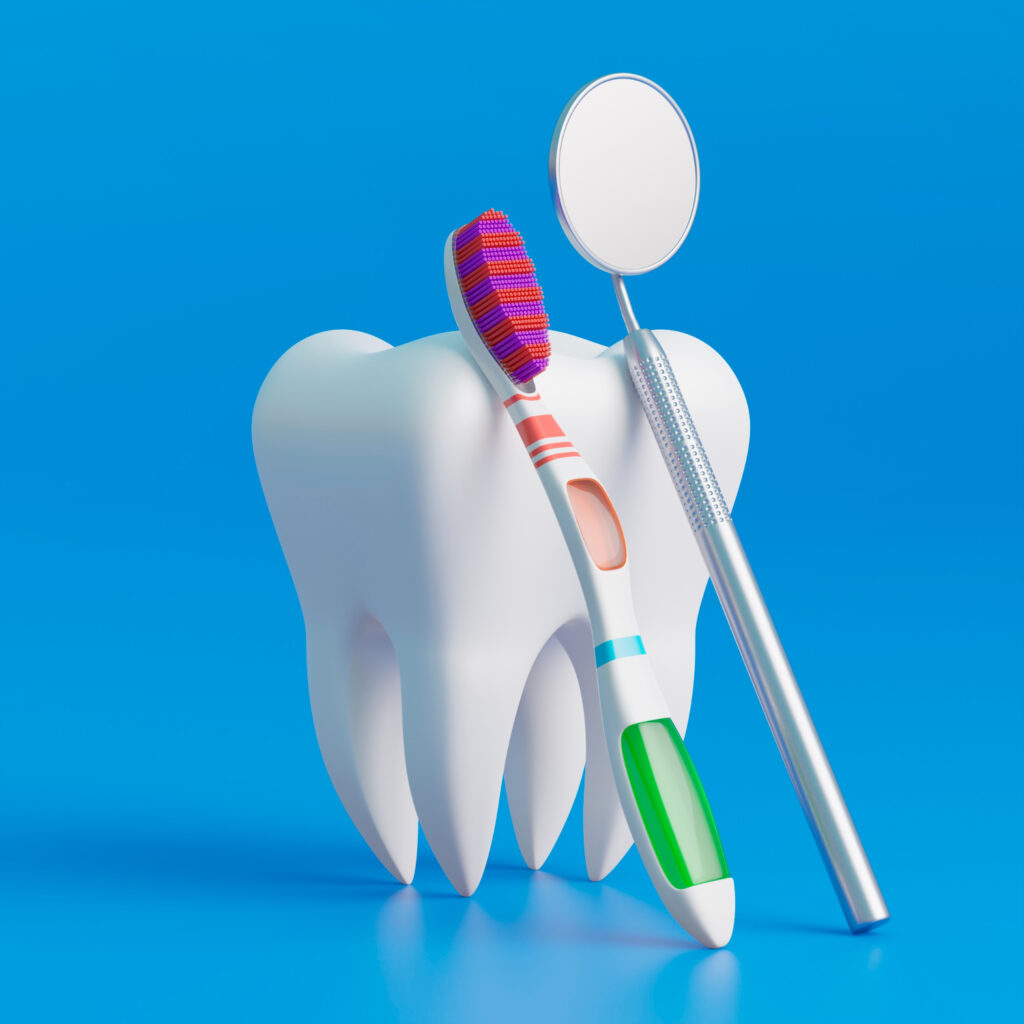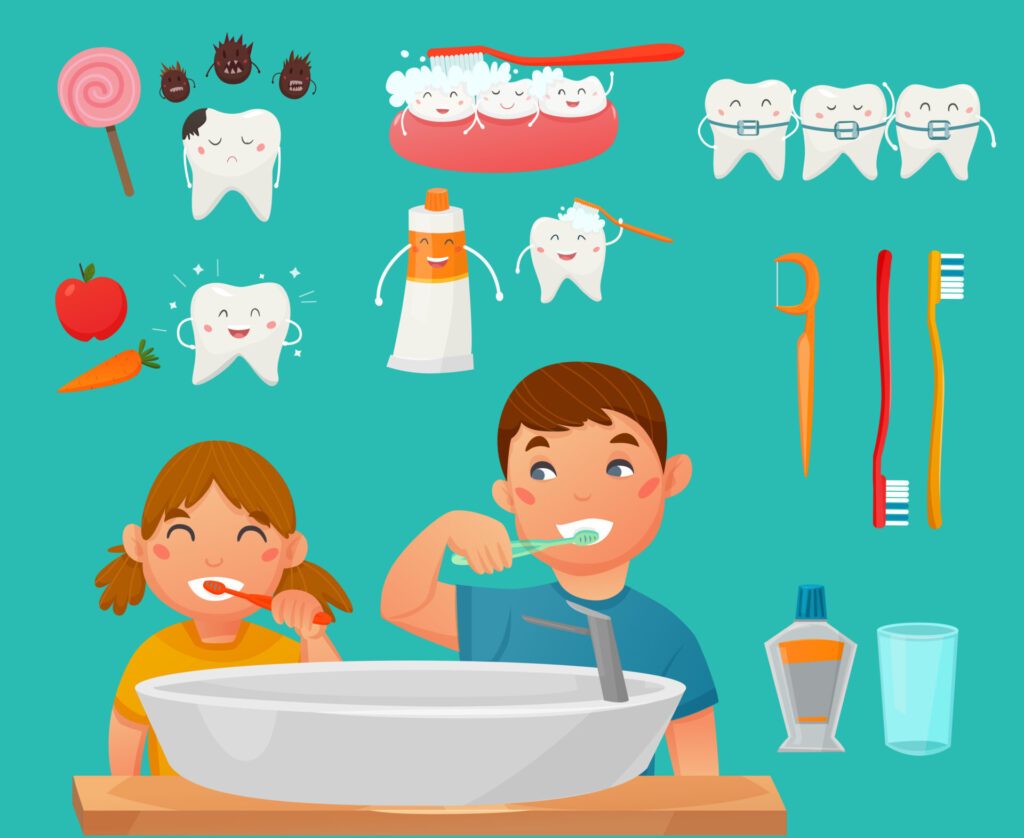Deep cleaning
Deep cleaning, also known as scaling and root planing, is a dental procedure aimed at treating periodontal disease and preventing its progression. While it is an effective treatment for gum disease, it is not without its disadvantages. Understanding these potential downsides can help patients make informed decisions about their oral health care.
1. Discomfort and Pain
One of the most commonly reported disadvantages of deep cleaning is the discomfort or pain experienced during and after the procedure. The process involves scraping tartar and plaque from above and below the gum line, which can be quite uncomfortable. Although local anesthesia is often used, patients may still experience sensitivity and soreness once the anesthesia wears off. This discomfort can last for several days, making it a less appealing option for some.
2. Gum Recession
Deep cleaning can sometimes lead to gum recession. As the plaque and tartar are removed, the gums may recede, exposing more of the tooth and even the roots. This exposure can increase sensitivity to hot and cold temperatures and make the teeth appear longer, which might be aesthetically unpleasing for some individuals. Additionally, receding gums can create pockets where bacteria can accumulate, potentially leading to further dental issues if not properly managed.
3. Risk of Infection
Any invasive dental procedure carries a risk of infection. Although deep cleaning is performed in a sterile environment, bacteria can still enter the bloodstream through the gums, especially if there are open sores or pockets. This risk is higher in patients with weakened immune systems or underlying health conditions. Post-procedure infections can lead to additional treatments and complications, which may deter some from opting for this procedure.

4. Temporary Side Effects
Deep cleaning can result in several temporary side effects, including bleeding gums, swelling, and increased tooth sensitivity. These side effects are usually short-lived but can cause significant discomfort and inconvenience. Patients may need to modify their diet and oral hygiene routine during the recovery period to manage these symptoms, which can be disruptive to their daily life.
5. Cost and Multiple Visits
The financial cost of deep cleaning can be significant, particularly if multiple sessions are required. Dental insurance may only cover part of the cost, leaving patients with substantial out-of-pocket expenses. Additionally, the procedure often requires multiple visits to the dentist, which can be time-consuming and inconvenient for those with busy schedules.
6. Incomplete Results
While deep cleaning is effective in removing plaque and tartar, it may not fully resolve severe cases of periodontal disease. Some patients might find that despite undergoing deep cleaning, they still require further treatments such as periodontal surgery. This can be discouraging and add to the overall cost and complexity of managing their dental health.
7. Potential for Over-Treatment
There is a potential for over-treatment, particularly if deep cleaning is recommended too frequently. Over-scaling can damage the tooth enamel and gum tissue, leading to increased sensitivity and other dental issues. It’s important for patients to seek second opinions and ensure that deep cleaning is truly necessary before proceeding.
what are the disadvantages of deep cleaning teeth?
Deep cleaning teeth, or scaling and root planing, has several disadvantages that patients should consider:
1. Discomfort and Pain: The procedure can be uncomfortable, often requiring local anesthesia. Post-treatment, patients may experience soreness and sensitivity, which can last for several days.
2. Gum Recession: Removing plaque and tartar can cause the gums to recede, exposing more of the tooth and its roots. This exposure can lead to increased tooth sensitivity and aesthetic concerns.
3. Risk of Infection: As an invasive procedure, deep cleaning carries a risk of infection. Bacteria can enter the bloodstream through the gums, particularly in patients with compromised immune systems or pre-existing health conditions.
4. Temporary Side Effects: Patients might experience bleeding, swelling, and heightened tooth sensitivity following the procedure. These side effects, though typically temporary, can be uncomfortable and inconvenient.
5. Cost and Time: Deep cleaning can be expensive, with dental insurance sometimes covering only a portion of the cost. Additionally, the procedure often requires multiple visits, which can be time-consuming.
6. Incomplete Results: In severe cases of periodontal disease, deep cleaning might not be sufficient, necessitating further treatments such as periodontal surgery.
Understanding these potential drawbacks helps patients make informed decisions about undergoing deep cleaning procedures.
What are the disadvantages of deep cleaning?
### What Are the Disadvantages of Deep Cleaning Teeth?
Deep cleaning teeth has several potential disadvantages:
1. Nerve Damage: Risk of prolonged numbness or tingling.
2. No Guarantee of Gum Reattachment: Gums may not reattach to teeth.
3. Gum Recession: Can cause gums to recede, increasing tooth sensitivity.
4. Risk of Infection: Higher risk for those with compromised immune systems.
5. Pain and Sensitivity: Can cause discomfort and sensitivity during and after the procedure.
Can gums get infected after deep cleaning?
Dental hygienists aim to be gentle during teeth cleaning, but aggressive cleaning techniques or underlying gum disease can sometimes cause irritation or minor cuts in the gums. These openings provide an entry point for bacteria, increasing the risk of infection.







